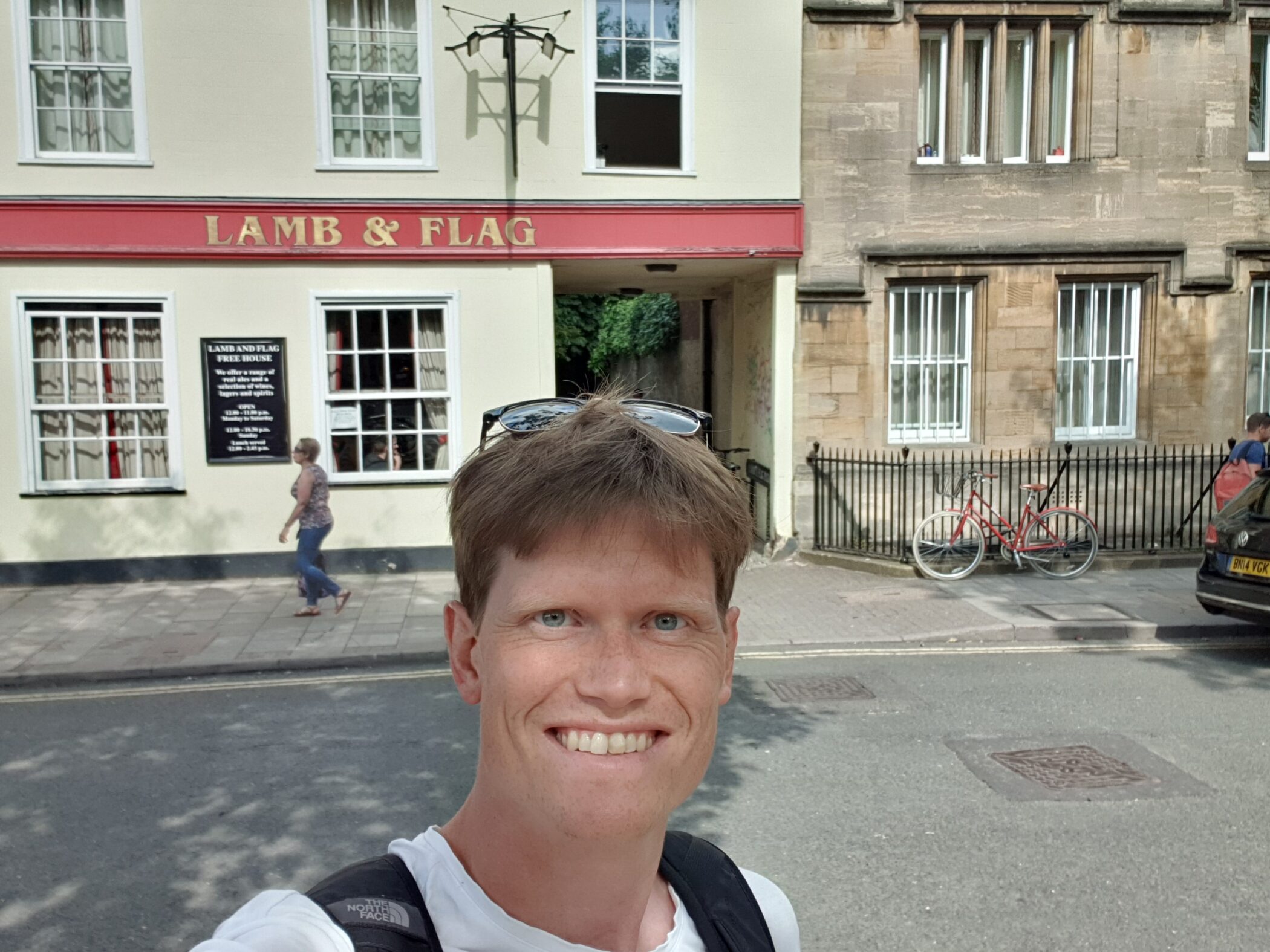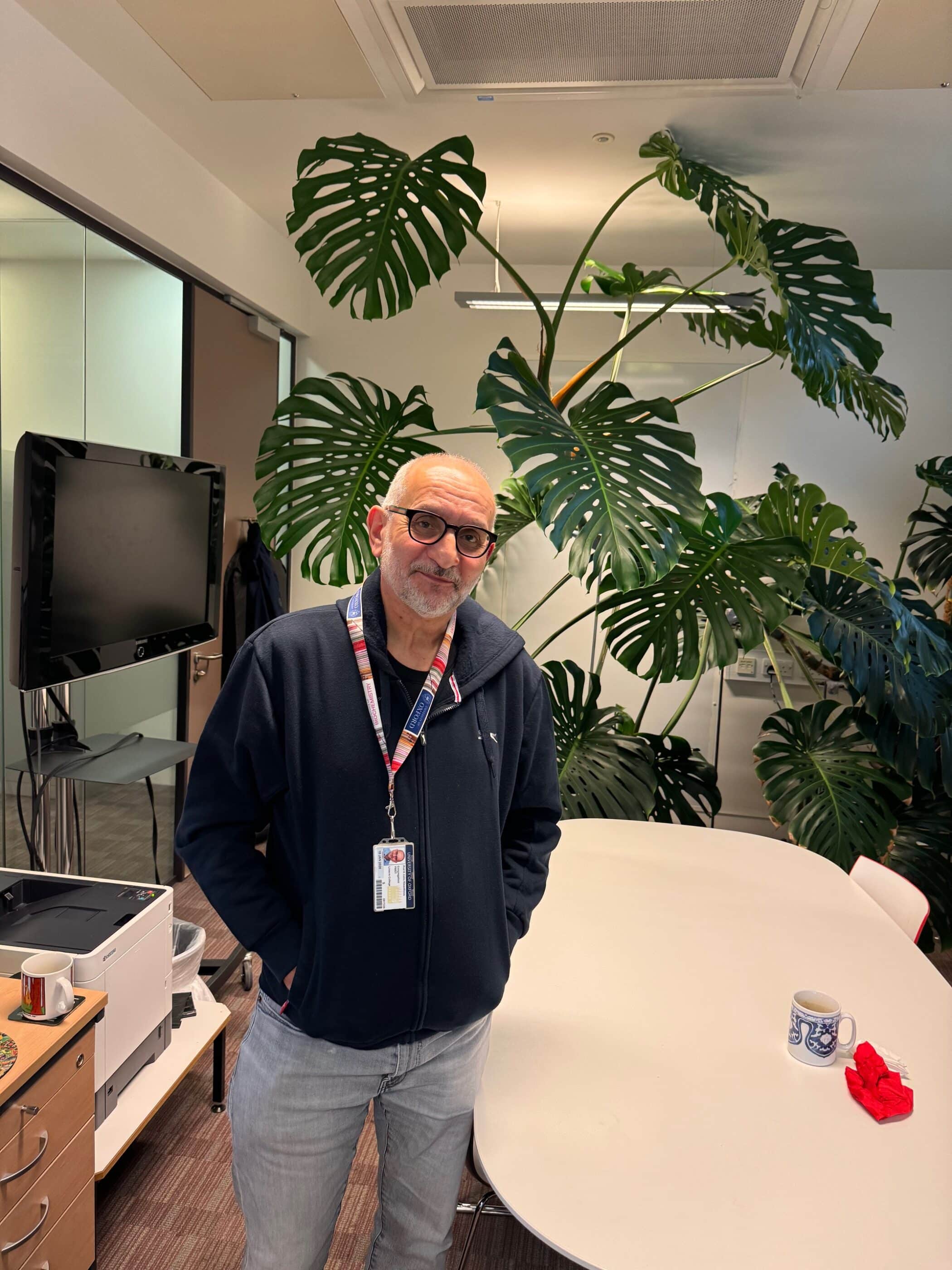On a seemingly normal November day in 2018 I got an important e-mail from a famous brewery. The Carlsberg Foundation had granted me a 2-years scholarship to do research at Oxford University. In 2020 I also had the honour of becoming a Carlsberg research fellow at Linacre.
Carlsberg supports science across multiple disciplines, and my postdoc is at computational Biochemisty in the group of prof. Mark Sansom. Our research group leverages supercomputers to make predictions of the properties of membrane proteins in our body. One of these supercomputers are placed at the basement of the department – it takes up a whole room.
My research at Oxford is dedicated to study a special type of proteins in human cells. These proteins carry information and start or stop various cellular processes and are therefore called signalling proteins. One of the signalling proteins I study is the so-called tumour suppressor, PTEN (phosphatase and tension homologue). Our body maintains a subtle balance between proliferation (cell multiplication by cell division) and apoptosis (cell death). Increased apoptosis can lead to cell death, as observed in the brain of people with Alzheimer’s disease or Parkinson’s disease. Increased proliferation, on the other hand, is one of the signature features of tumour cells, which may develop into cancer. PTEN takes part of maintaining this vital balance between proliferation and apoptosis balance by limiting proliferation – therefore it is called a tumour suppressor. PTEN consists of two domains (a domain is a part of a protein with a given function): a signalling domain, and a helper domain. The helper domain is called C2 and localises PTEN to the cell membrane where it has to be to do its job. With computer simulations, I investigate the process by which this C2 domains binds to the cell membrane, i.e., by calculating how tightly they bind, and how the binding orientation of the domain is altered if the cell membrane is changed. Our results improve the understanding of these helper domains and may lead to better prevention or treatment of cancer and other diseases, where the C2 helper domain play a part.
Oxford is obviously a great scientific environment but is also a lovely city. I particularly enjoy walking and running in Port Meadow and exploring the many pubs with colleagues. I also used to play football in a local team and joined a choir, the Oxford singers (hope to resume some of these hobbies after the pandemic). One tradition, I will definitely try to bring back to Denmark, is the British Christmas jumper enthusiasm. I personally got a beautiful T-rex themes Christmas jumper from my colleagues.
Andreas Haahr Larsen Postdoctoral Researcher at Department of Biochemistry


















